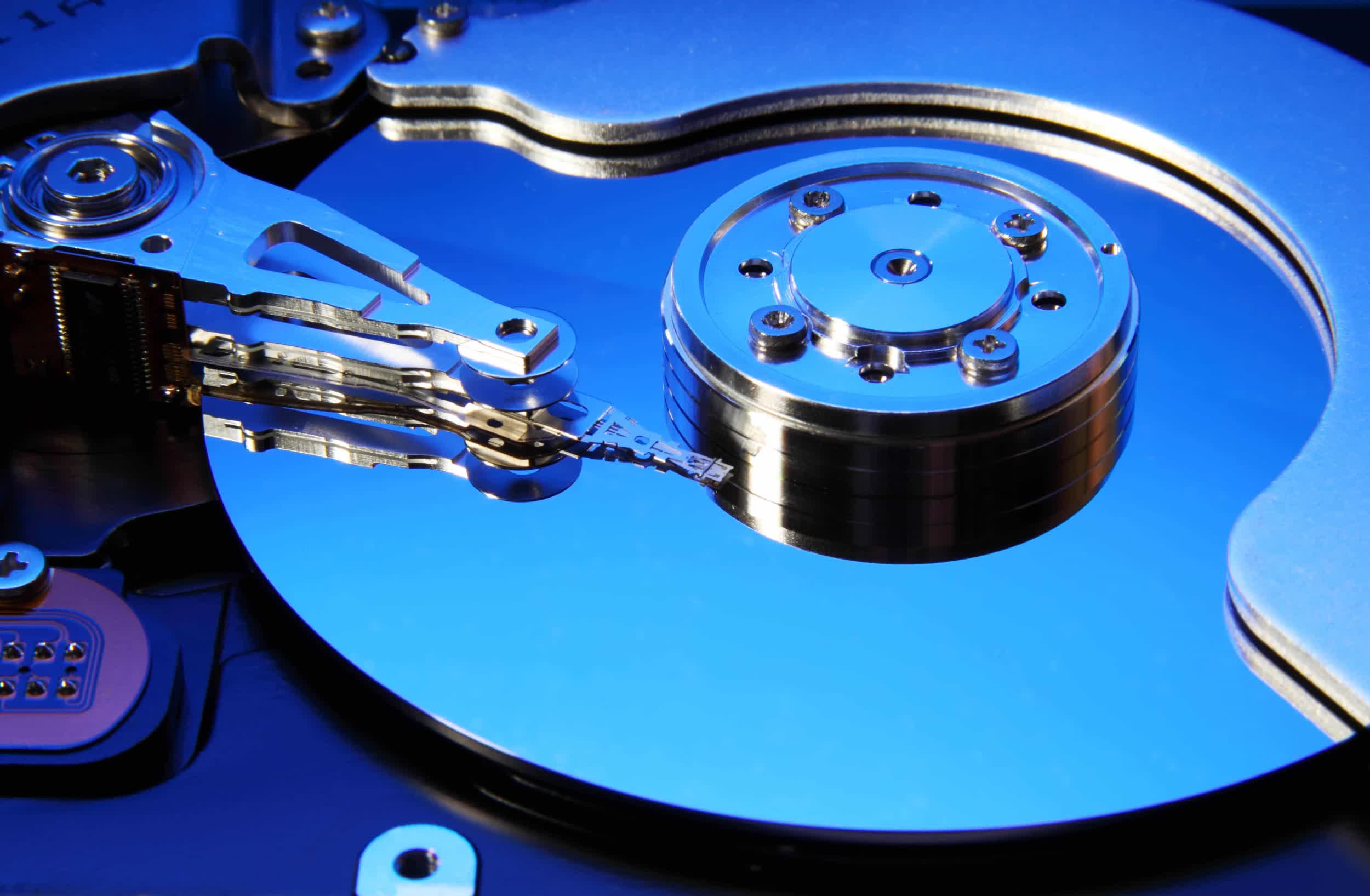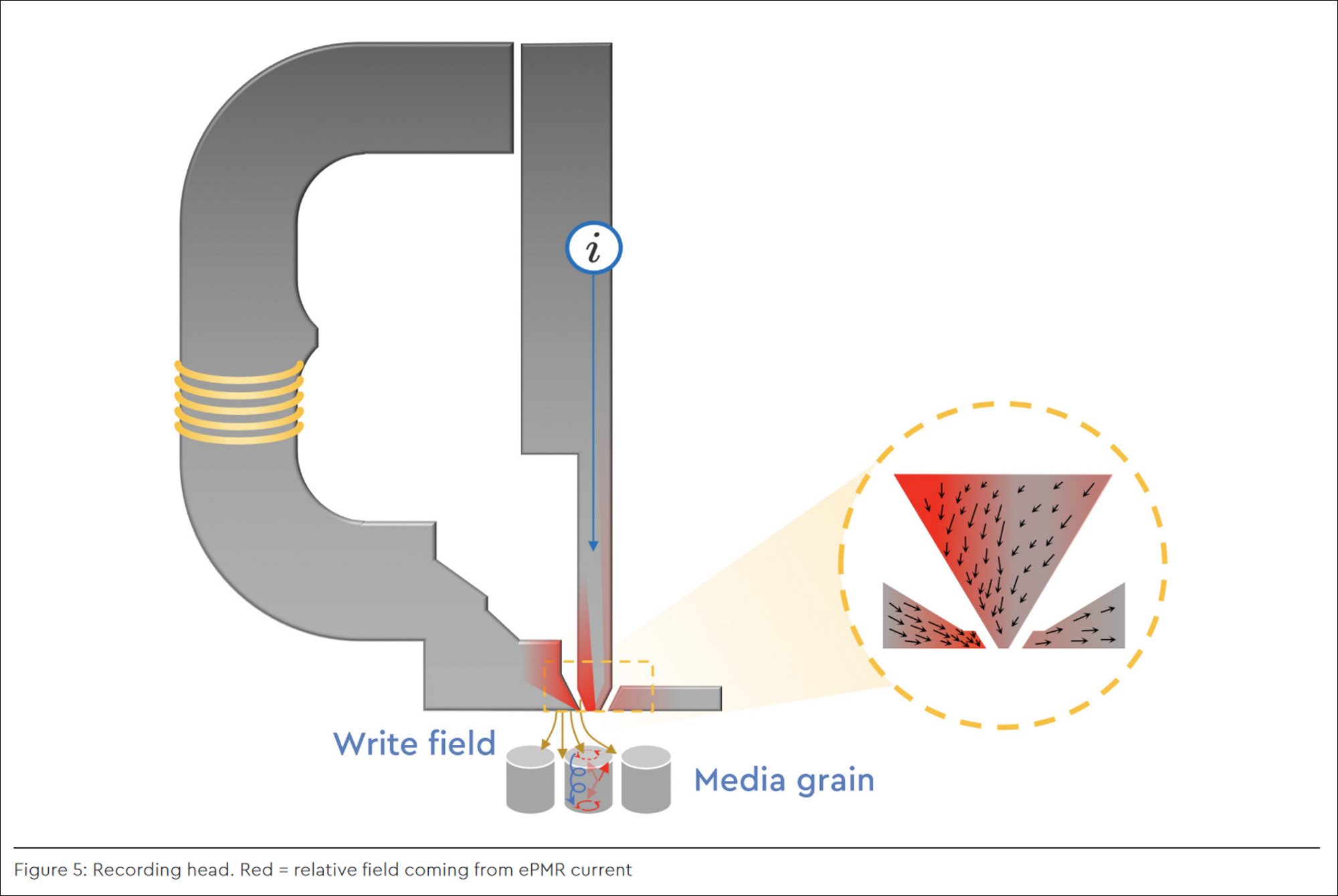In context: Shingled magnetic recording (SMR) can increase storage density on hard drives by partly overlapping data tracks, but it also brings slower performance in writing operations compared to traditional, PMR-based drives. Yet, Western Digital is still evolving the technology to provide new density levels to its enterprise clients.

In its most recent earnings call concerning the fourth quarter of fiscal year 2023, Western Digital (WD) confirmed its plans to start selling a new HDD model for "hyperscaler" clients. The 28TB hard disk will use the company's ePMR 2 recording heads with an UltraSMR track layout, which according to WD are already familiar in the enterprise business.
WD CEO David Goeckeler said that product sampling for the new 28TB HDD models will begin soon, providing a new "cutting-edge" product built upon ePMR and UltraSMR technologies for qualification in production environments. Likewise, the company is seemingly ready to ramp up production as soon as the "quick qualification" phase is completed.
Right now, WD is shipping 26TB hard drives, which already use UltraSMR overlapping data tracks, that were introduced a year ago to a select bunch of large cloud and data center customers. Hyperscalers have tested and qualified these drives, getting to know how they behave and perform, so WD is confident that a new 28TB UltraSMR model will be adopted and deployed quickly and smoothly.

As explained by WD's official documentation, ePMR heads increase areal density of written bits thanks to an additional electric current applied to the main pole of the write head. Meanwhile, UltraSMR increases the number of "shingled bands" (I.e., overlapping tracks), providing around 20% of additional storage capacity compared to conventional magnetic recording-based (CMR) platters.
To bring UltraSMR and 28TB SMR drives to the enterprise market, WD seemingly had to use a bunch of additional ancillary technologies next to UltraSMR and ePMR 2. These advanced solutions include triple stage actuators with two-dimensional (TDMR) heads, OptiNAND, Distributed Sector (DSEC) and a proprietary error correcting code (ECC) algorithm designed to avoid data corruption between increasingly adjacent SMR tracks.
While WD is increasing reliance on shingled magnetic recording, Seagate is going all-in with its proprietary Heat-Assisted Magnetic Recording (HAMR) tech coupled with traditional Perpendicular Magnetic Recording (PMR) solutions. WD's 28TB SMR hard drives are expected to compete in the enterprise market with Seagate's 32TB HAMR PMR drives, which offer higher storage capacities and more consistent and predictable performance levels.
https://www.techspot.com/news/99635-western-digital-begins-sampling-28-tb-ultrasmr-hard.html